The Board of Regents provided an update on Diversity, Equity and Inclusion (DEI), where Iowa State President Wendy Wintersteen also spoke during the Regents meeting in Cedar Falls, Iowa, Thursday.
In March 2023, the president of the board appointed a group to “conduct a comprehensive study and review of all Diversity, Equity and Inclusion (DEI) programs and efforts” at the three regent universities. On June 1, Gov. Reynolds signed into law Senate File 560, which directed the Board of Regents to “conduct a comprehensive study and review of the diversity, equity and inclusion programs and efforts of each institution under [its] control.”
Following “robust” deliberation at its Nov. 16, 2023, meeting, the regents approved 10 Board Directives.
According to Regent documents, “On May 9, 2024, Governor Reynolds signed Senate File 2435 into law. Division IX of SF 2435 enacts, effective July 1, 2025 […]. Chapter 261J generally prohibits the Regent universities from establishing, maintaining or funding a diversity, equity, and inclusion office or hiring an individual to perform the duties of a diversity, equity and inclusion office, except as otherwise provided by law or accreditation standards.”
According to Regent documents, “Iowa State University eliminated the central Office of Diversity, Equity and Inclusion in compliance with Board Directive 1. This office was primarily responsible for supporting DEI programming, training and workshops across campus. The closure of this office resulted in the elimination of five budgeted positions and the reallocation of approximately $789,000 towards other university priorities.”
The job profile for Multicultural Student Success will also be affected.
“To fully comply with Chapter 261J, the unique job profile for Multicultural Student Success will be eliminated and the current employees within this profile will be transitioned to other existing more general student success job profiles,” according to regent documents.
“Additionally, consistent with their more accurate new job profiles, these employees will ensure that the focus of their service is to all students or to broad categories of students identified as needing support based on factors not defined as DEI by Chapter 261J (i.e. first generation, Pell eligible, etc.).”
In addition, the LGBTQIA+ Center will be reformatted. The Center will be reallocated as a study and computer lab space for all students on campus, with its two staff members’ roles broadened and job profiles updated for more general student support.
While the university will provide administrative support for all student organizations, social activities coordinated by the Cultural Center’s staff will be transferred to student organizations.
The Office of Equal Opportunity (OEO) meets the definition of a DEI office but is necessary to comply with state and federal law, making it exempt from SF 2435.
Regent David Barker, who was first appointed to the board in 2019, appreciates the report but said it is only a start.
“But in my opinion, this report is only a start […]. The law is designed to keep university administration out of politics,” Barker said. “Professors can conduct research and take controversial ideas wherever they go, but the university itself should be neutral on politics and controversial issues, as suggested by the Kalven Report from the University of Chicago. When a university, as an institution, proclaims something controversial to be true, it chills the freedom of professors and students to come to their own conclusions.”
Barker said there have been several examples of university administration offices that are not being eliminated or restructured that have promoted DEI this semester.
“Promotion of these ideas has been so widespread in university administration that achieving compliance will take a great deal of effort,” Barker said. “Strategic plans still need to be changed and our presidents need to strongly communicate that they expect our universities to follow the spirit of the law, not find ways around it. They need to take Board Directives 8 and 9 seriously to bring intellectual diversity to campus and fully comply with 261J. If they do not, I believe there will be more legislation next year.”
President Wintersteen also gave a president’s report to the board. In the update, she explained Iowa State’s commitment to its land grant mission and research.
“From our very beginning 126 years ago, our commitment has been to the land grant mission of access and opportunity to all,” Wintersteen said. “And we’ve been unwavering in that commitment to really be a caring community that offers opportunity for every student to achieve their academic goals if they’re willing to work hard, become well prepared, to be a member of the workforce.”
Wintersteen said that 44% of students graduated debt-free last year, up from 29% in 2008. Additionally, nearly three-quarters of undergraduate students received donor-funded scholarships this fall. Last year, donors gave $44.8 million to fund scholarships.
Wintersteen also said researchers at Iowa State are citing records, citing Ames National Laboratory was the winner of a 2024 R&D 100 award.
“The national competition is often referred to as the Oscars of innovation,” Wintersteen said. She also cited ongoing innovation in melanoma detection.
Wintersteen cited a new program at Iowa State called “Cyclone Civics” in accordance with Board Directive 9. The program’s focus in the first year will be assessing civic literacy among seniors. The university will also host a professional development conference on civics and celebrate the 250th anniversary of the signing of the Declaration of Independence next year.
The board also heard Iowa State’s Economic Development and Technology Transfer Report and annual fall enrollment trends. The Board unanimously approved the consent agenda, with the exception of Regent Christine Hensley abstaining from the September Minutes because she was not present on the Board at that time. The next Board of Regents meetings are scheduled for Jan. 14 and 15.


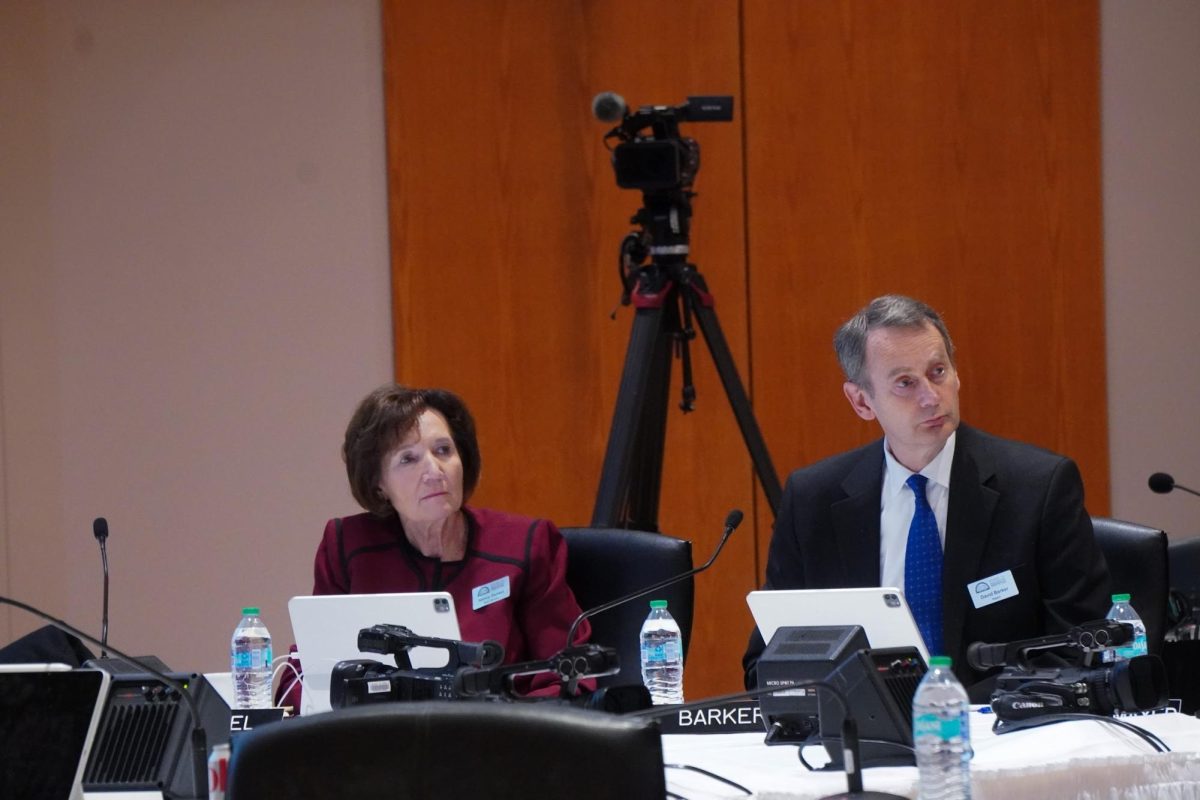
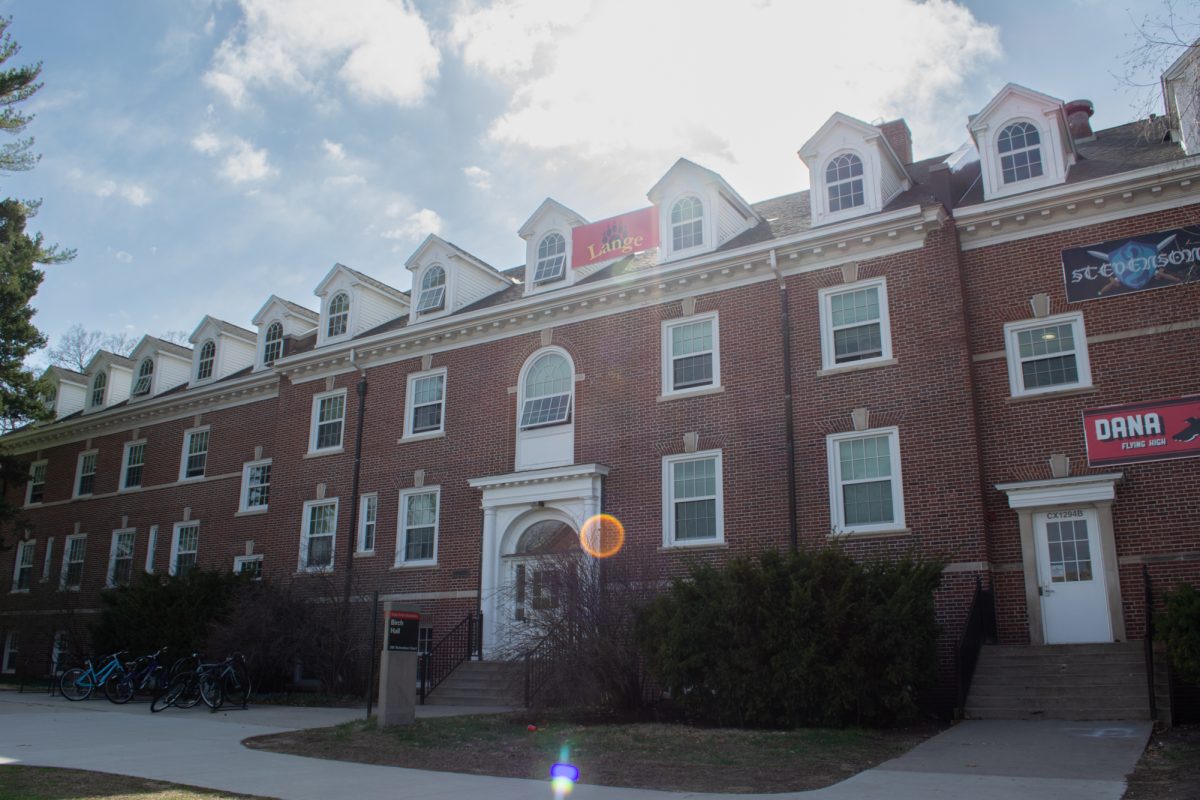



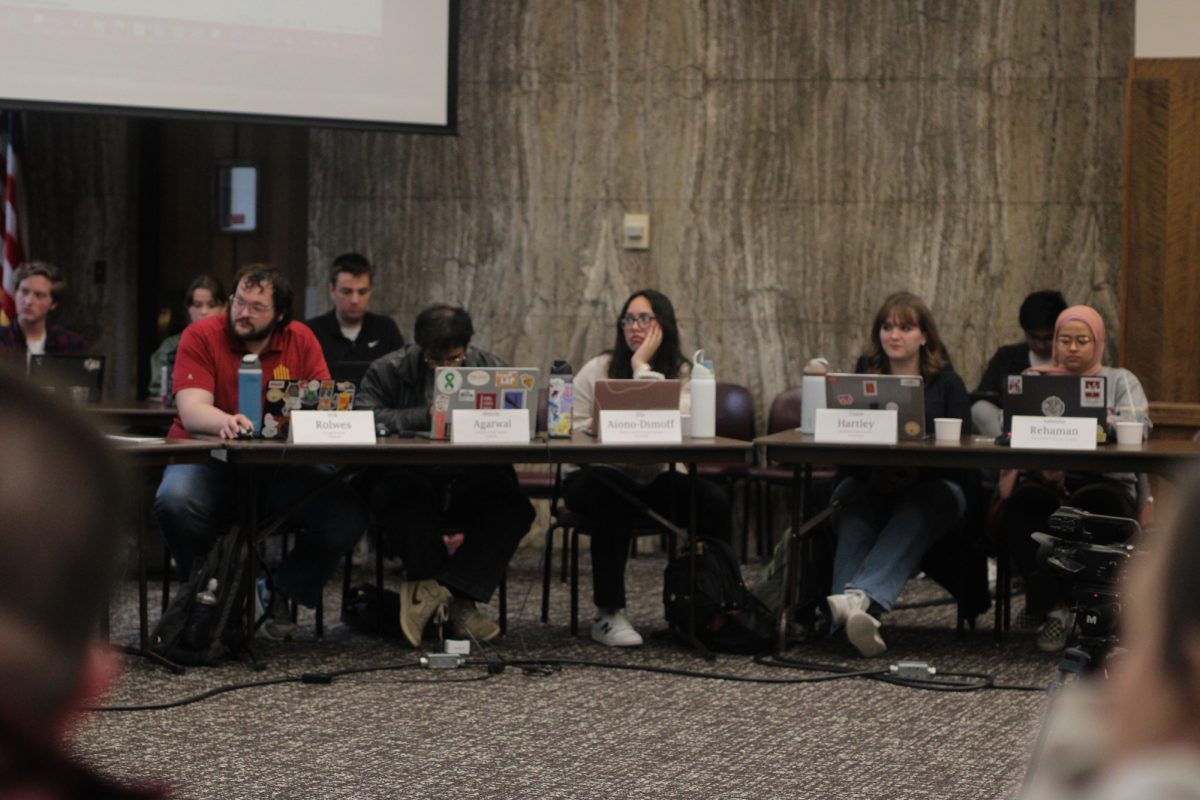
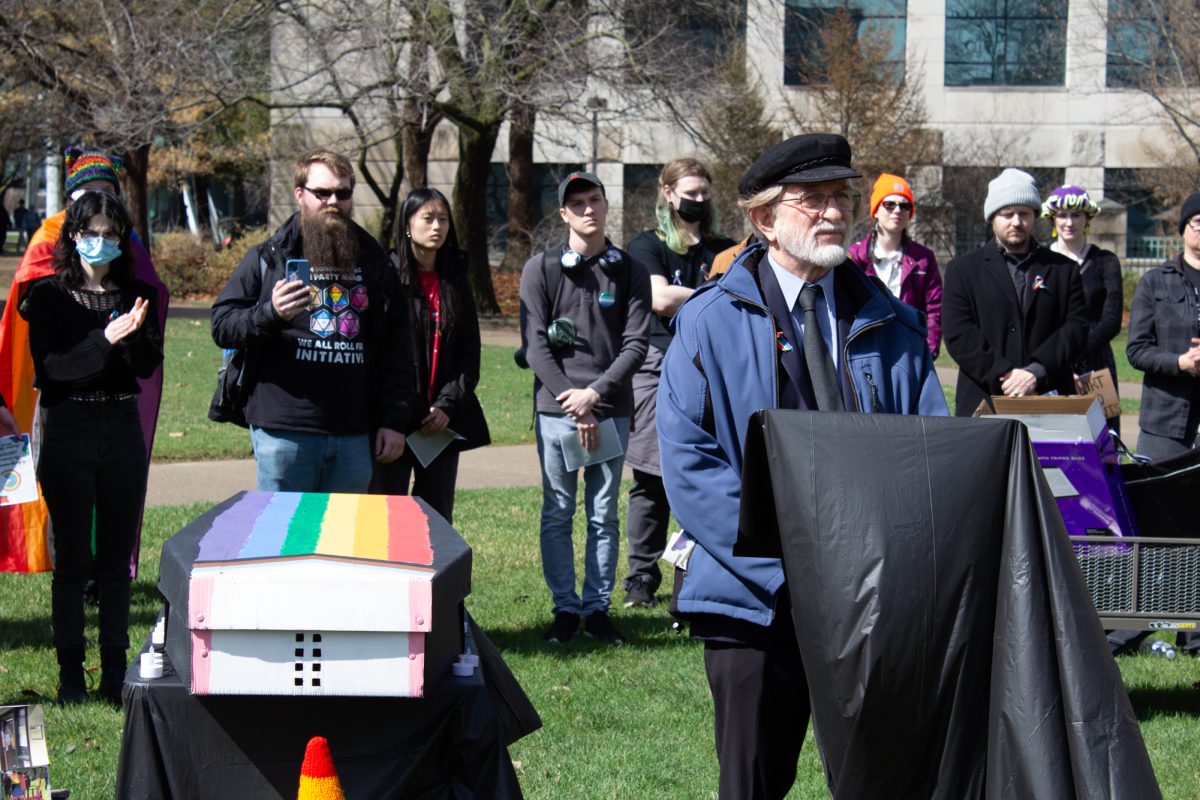
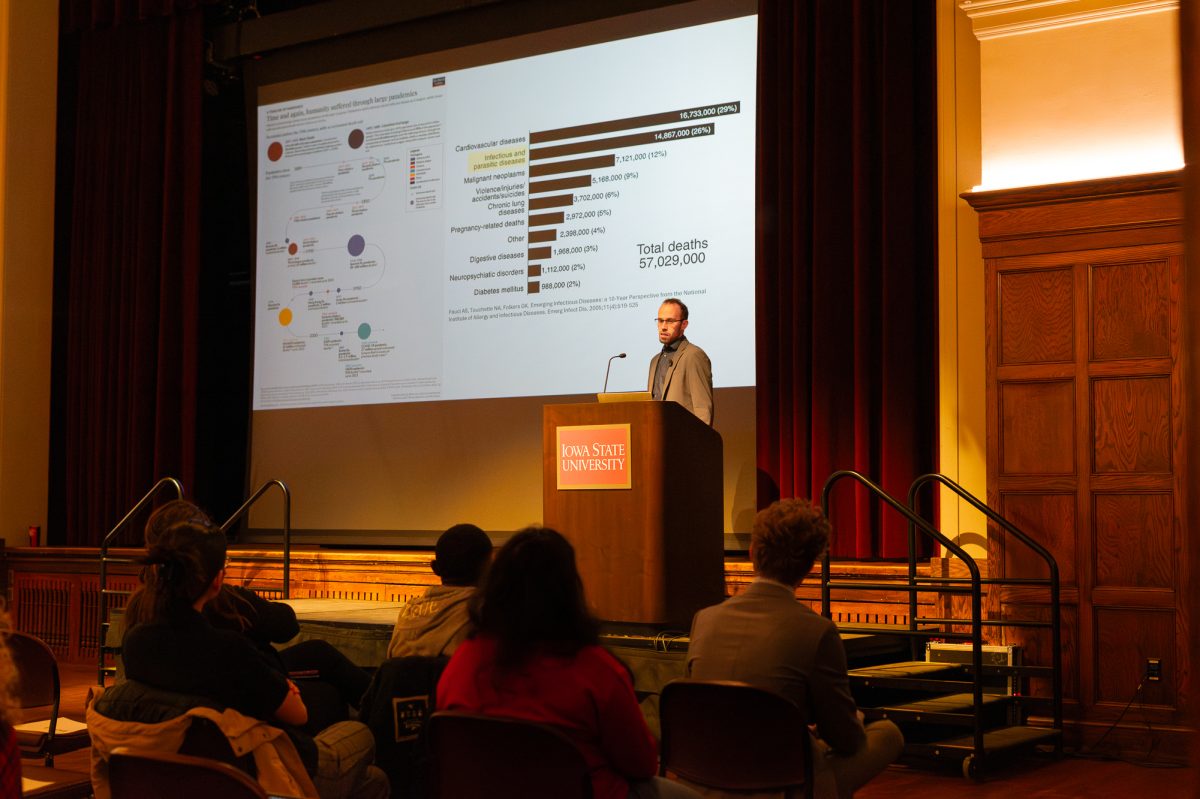
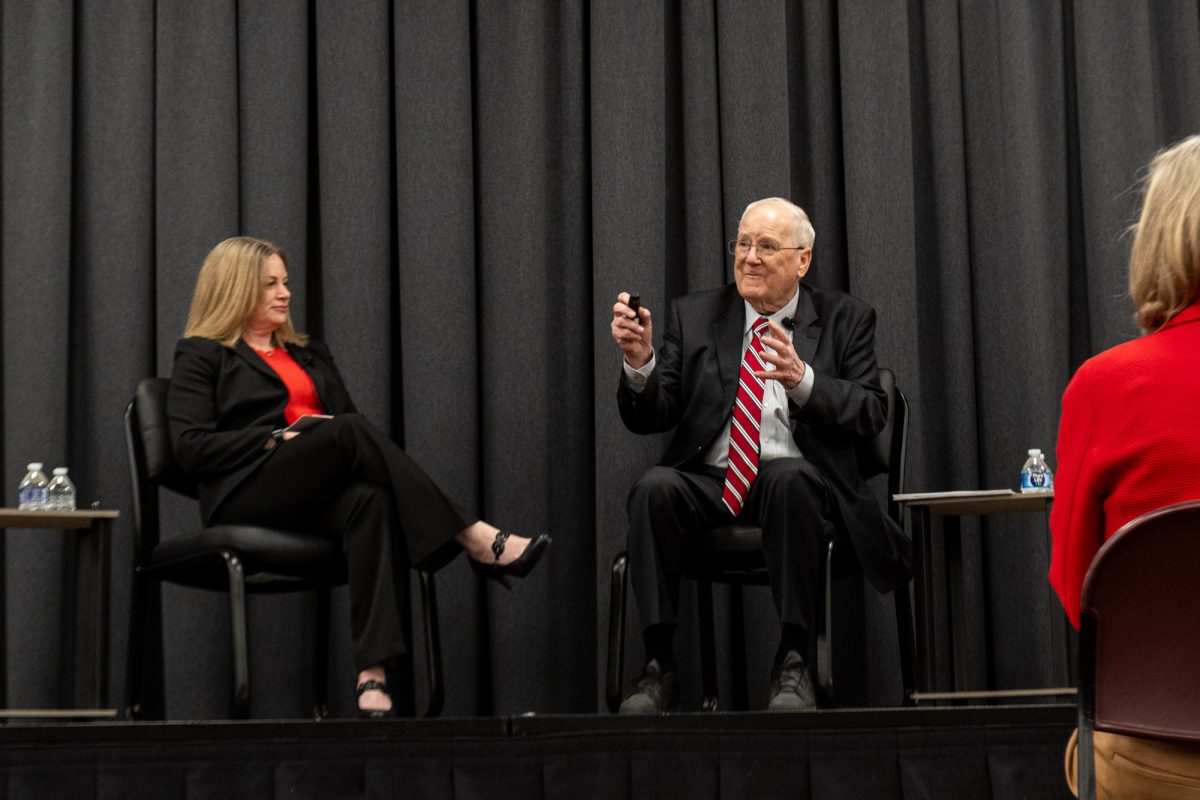
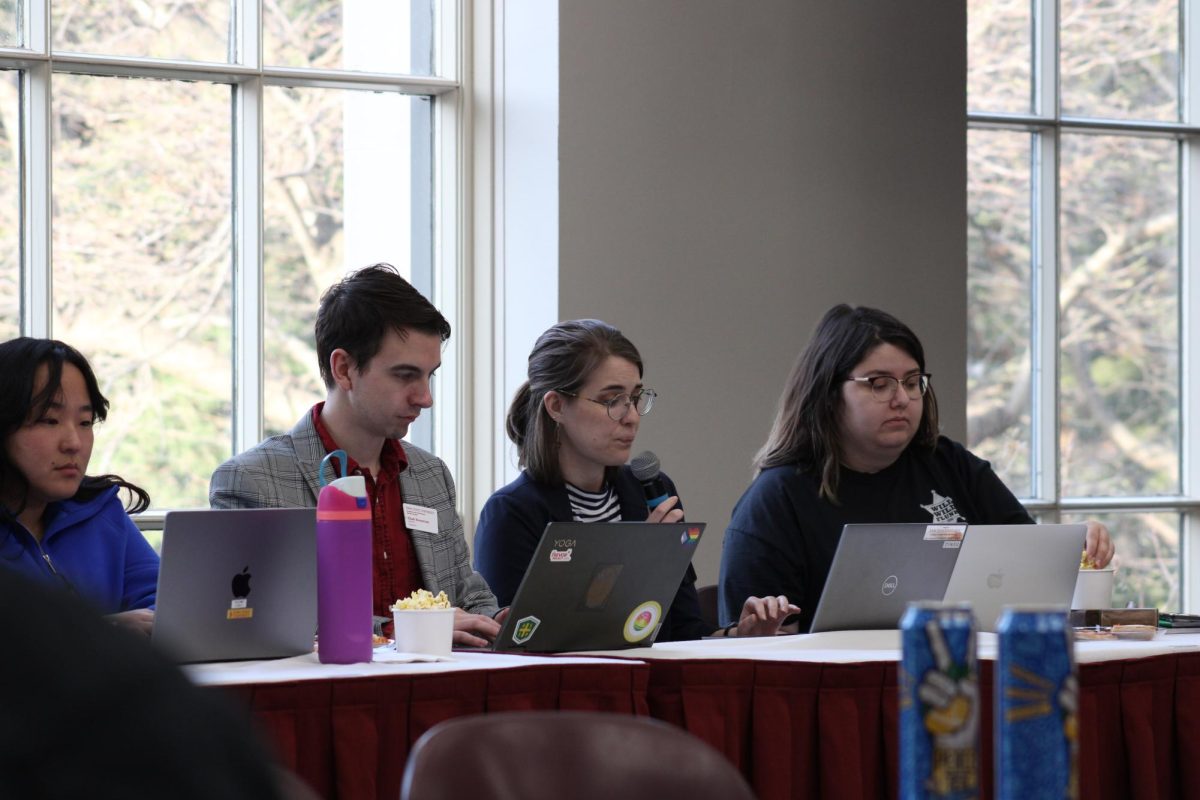
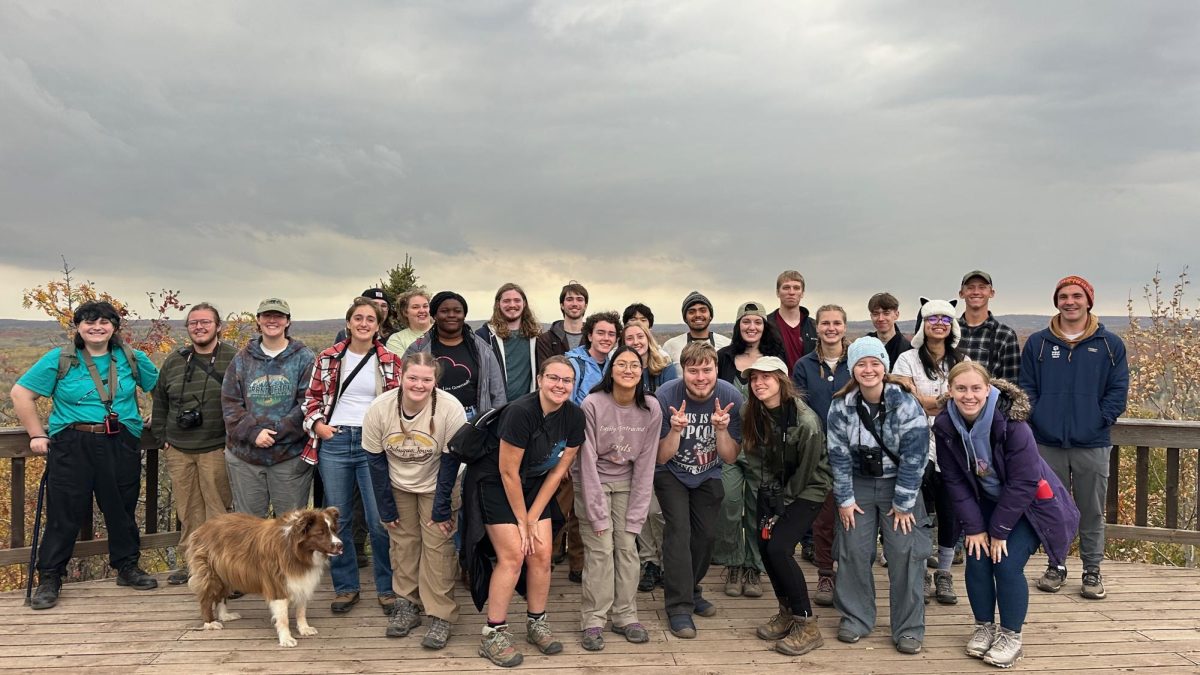
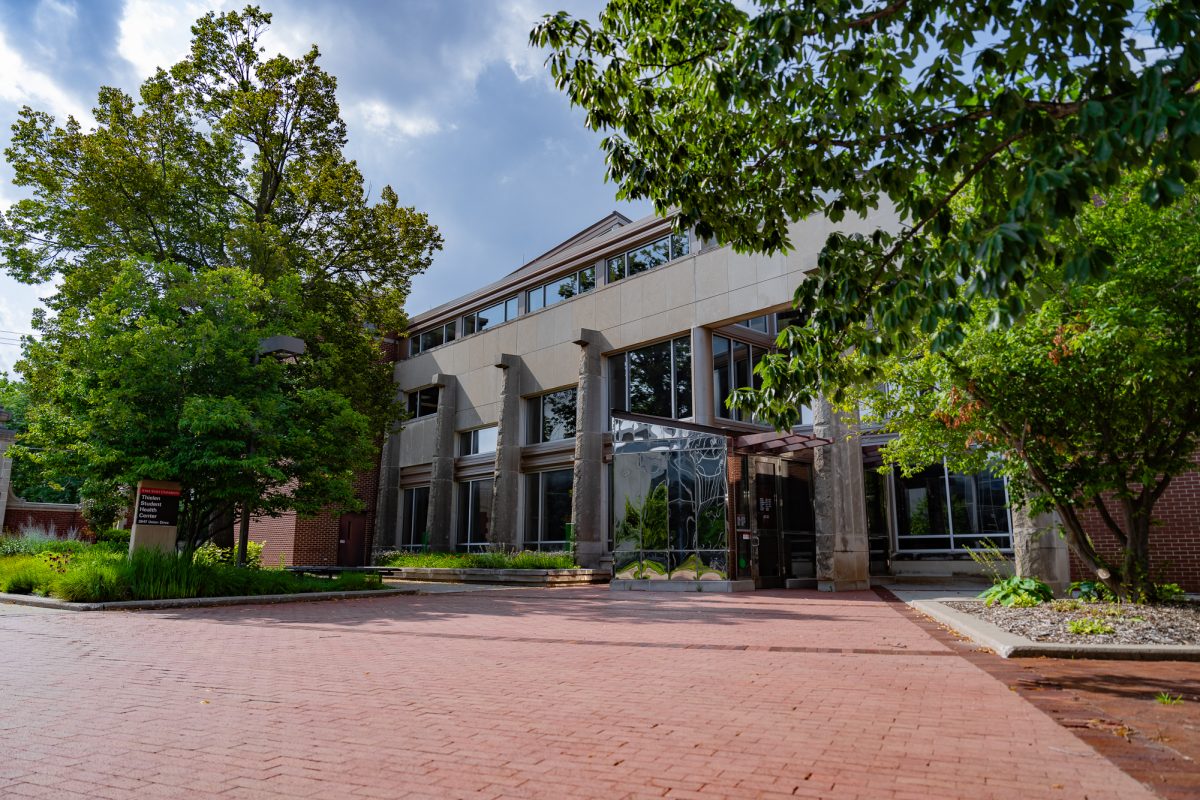
Lio | Nov 8, 2024 at 9:55 pm
“The law is designed to keep university administration out of politics,” so being of another race than white and/or being part of the LGBTQ+ community is inherently political now? Politicization and policing of bodies and identities is a stone age policy and extremely disappointing. There is no pride in taking away marginalized students safe spaces.
Big James Hammer | Nov 8, 2024 at 8:39 am
Whew. This is great news. My white male heterosexual identity in this religio-patriarchal society was in great peril. Thank you, BoR, for protecting my right to exist; I was about to be marginalized. I’m glad the reference to the Declaration of Independence was de-contextualized. Now, what to do about those radical, rascally professors that do all that nasty contextualizing with their persnickety “facts”? More legislation, please! Silence the well-read researchers, before it’s too late! /s
Call me Ishmael | Nov 8, 2024 at 8:22 am
Can’t find anything on “the Calvin Report.” It might be helpful to link here to the Kalven Report, though. thefire.org/news/wisdom-university-chicagos-kalven-report
Mark Schreiner | Nov 8, 2024 at 8:13 am
“Professors can conduct research and take controversial ideas wherever they go, but the university itself should be neutral on politics and controversial issues, as suggested by the Calvin Report from the University of Chicago. When a university, as an institution, proclaims something controversial to be true, it chills the freedom of professors and students to come to their own conclusions.”
So anyone can completely “chill” discussion on any topic, as long as they disagree and so create “controversy”? It is impossible for a person or a university to live out its life and mission without judging what is true. We all have to act on what we believe to be true. If anyone can negate the truth of anything, then we are all forced to pretend and live lies, because every decision requires a judgement about what is true.
Or does this only apply to controversies over race and other identity issues? This chills all discussion except the status quo, and thus favors those groups that, historically and currently, have had unearned advantages.